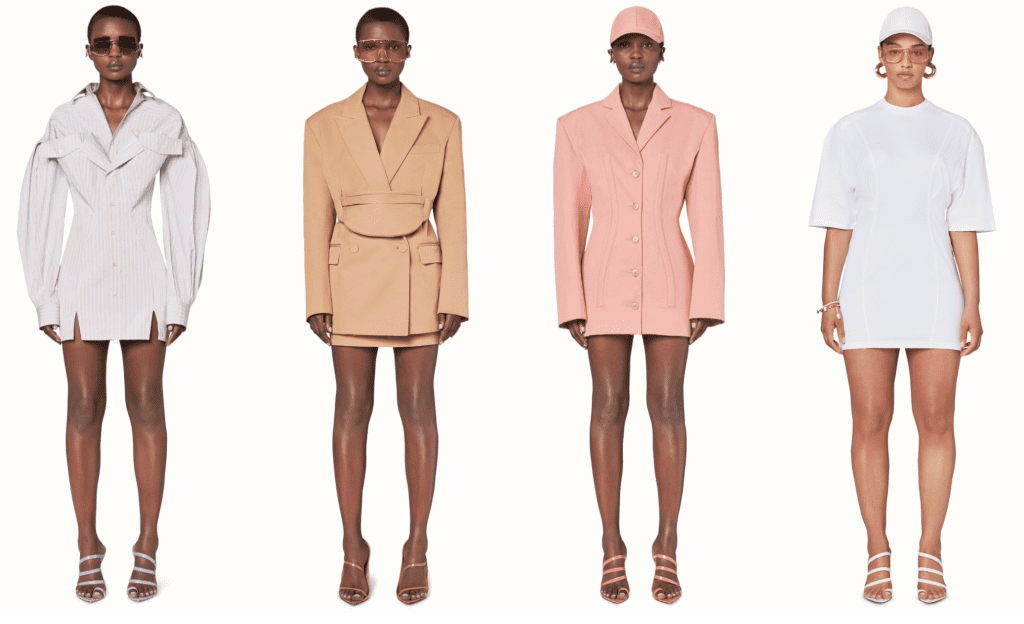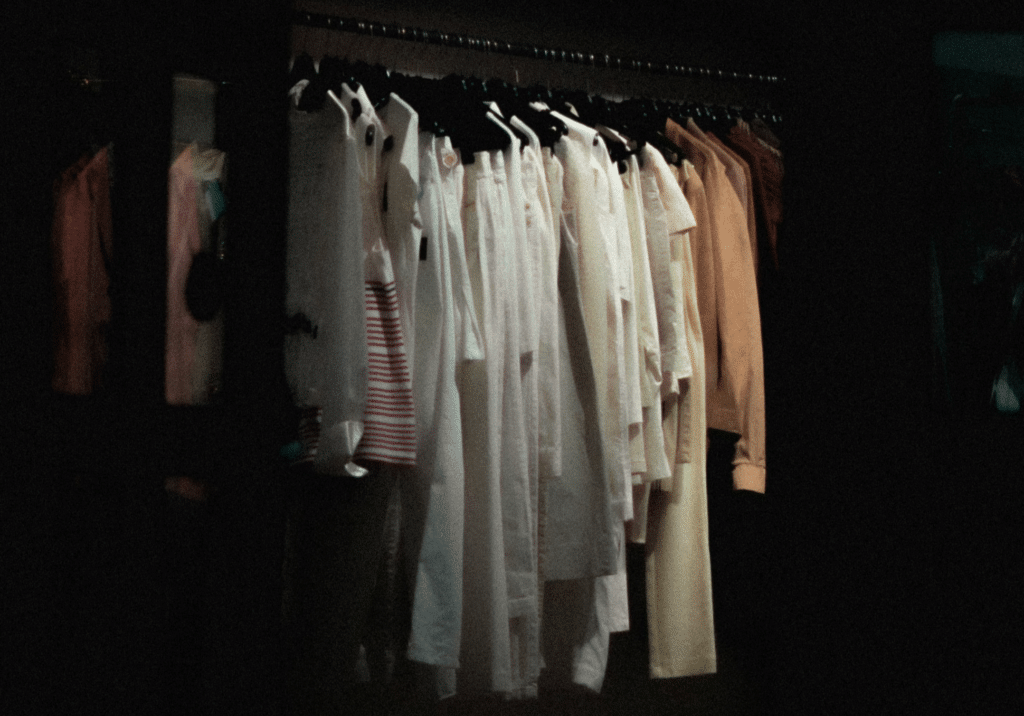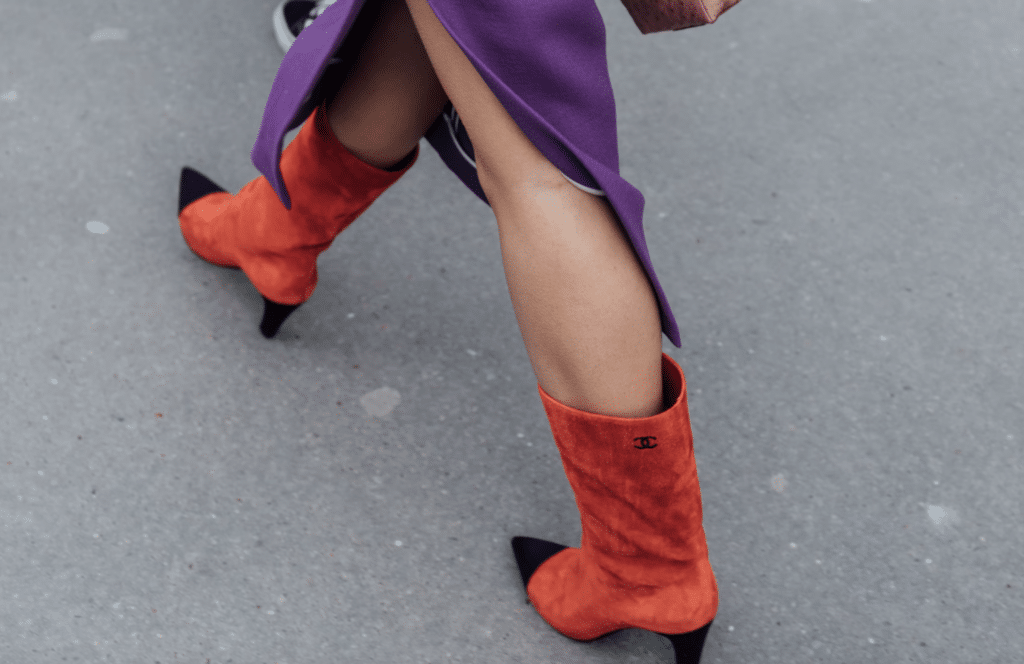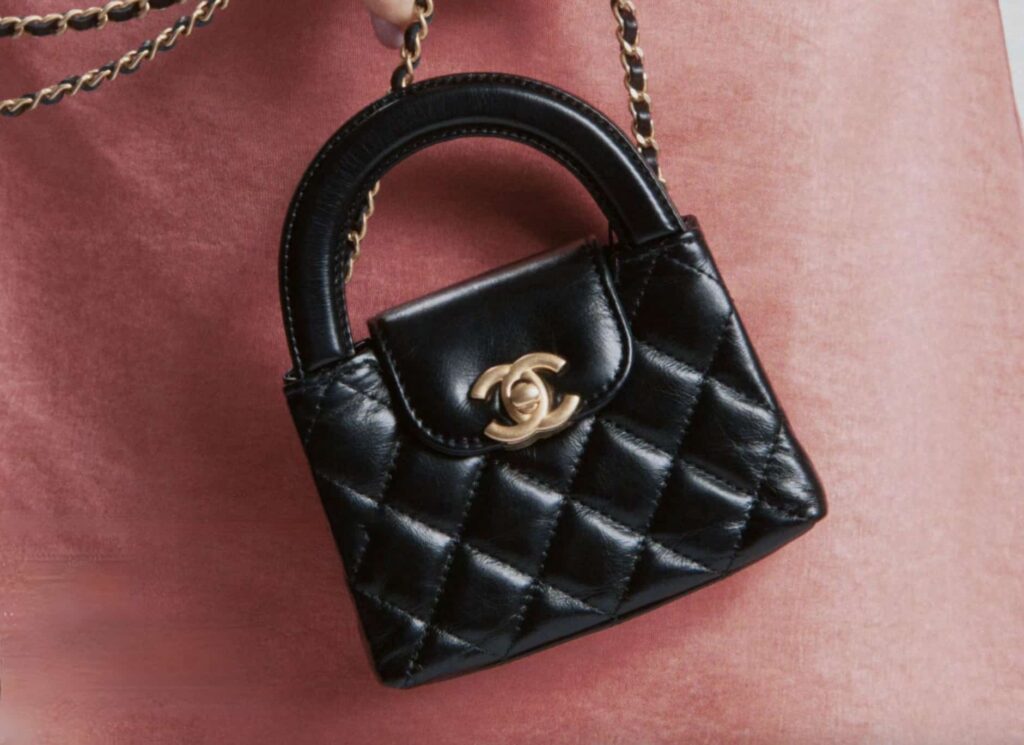With her soon-to-launch Fenty collection, Rihanna is not only looking to “disrupt the market … by channeling the imagination of a black woman,” the first to helm a brand under the umbrella of LVMH Moët Hennessy Louis Vuitton, the Barbados-born multi-hyphenate business woman and Grammy winner is set to “revolutionize the luxury distribution model,” according to the New York Times’ T Magazine. How does the 31-year old plan to do that? By skipping the traditional retail model and opting for direct-to-consumer online sales instead.
Taking a page from her other Fenty ventures, namely, her Fenty Beauty collection (which, with the exception of LVMH-owned Sephora (in the U.S.), sells exclusively by way of its own e-commerce site) and her Savage lingerie collection, Rihanna is going straight to consumers. Such a move, per T Mag, “allows Rihanna and her team of collaborators the freedom to drop new additions to the collection — which includes sunglasses, shoes and other accessories — every few weeks, like singles from an album.”
In adopting the direct-to-consumer model and thereby, shunning third-party multi-brand retailers, Fenty joins a larger pattern in retail. As Quartz’s Marc Bain wrote last year, “The idea of selling fashion straight to shoppers sounds simple enough, but how often it happens today represents a big shift in retail.”
It is one that has been whole-heartedly embraced by digitally native brands, such as Glossier, Everlane, Cuyana, Reformation, and Outdoor Voices, just to name a few, which sell exclusively to consumers by way of their own channels. But not limited to digital upstarts, this is a model that has increasingly found traction amongst luxury labels, which have, in recent years, significantly cut back on the number of third-party players in their networks.
Referring to the luxury market, Mr. Bain – citing an analysis of financial filings from LVMH, rival Kering (which owns Gucci, Saint Laurent, and Balenciaga, among other brands), and Cartier and Net-a-Porter’s parent company Richemont conducted by business-intelligence firm Gartner L2 – concluded that “these companies have substantially increased the percentage of annual sales they get from their brands’ directly operated stores and e-commerce over the past decade.” And just this week, Prada announced that it will “shrink its wholesale network in Italy and Europe,” per Reuters.
It is here that Rihanna will enter into the luxury market.
Not only is Rihanna “uniquely positioned to forge a path for black owners in luxury fashion,” according to T Mag, she is well-situated to sell directly to consumers. As NPD Group found in 2016, based on “responses from 92,000 consumer surveys, reflecting self-reported preferences for more than 1,000 celebrities and 2,500 brands across diverse categories,” Rihanna is “the most marketable of all big-name celebrities.”
Based on the New York-based market research firm’s findings, the mega-star’s fans “are 3.7 times more likely to buy her products than fans of any other celebrity [are willing to buy from their celebrity of choice],” something that has proven successful in the past. Rihanna’s Fenty Beauty brand, for instance, reportedly racked up a staggering $100 million in sales within 40 days, and spawned waiting lists at certain makeup counters for months.
This level of demand certainly bodes well for selling directly to a proven market of consumers without the need for help from any external forces.











